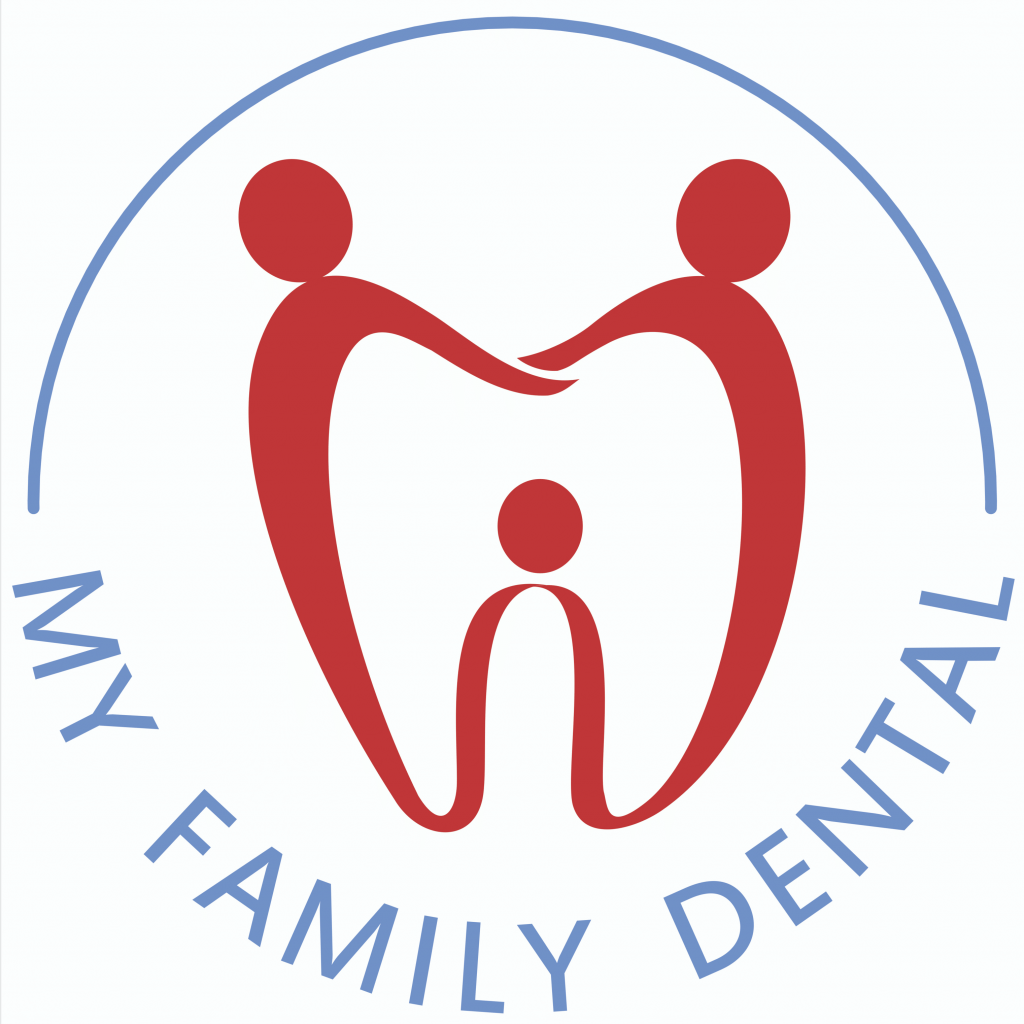It is strongly advised that you visit the dentist frequently to maintain your oral health. But how often should you go to the dentist? While the typical guideline is at least twice a year, there is no hard and fast rule, and there are many factors to break down that will likely determine if you need to go to the dentist more often than the recommended guidelines.
This response has more to it than meets the eye. Other dentists may ask you to come in for dental appointments more frequently than twice a year. Even though the guidelines aren’t specified in the legislation, each patient has unique demands. Thus therapy (including the number of recommended visits) would be tailored to them.
So, just how often should you go to the dentist?
The Suitable Timescale For A Dental Appointment?
The dentist will create a timetable for when dental appointments should be made. This would be determined by the state of your dental health. If the dentist is satisfied that you are maintaining good oral hygiene and there are no acute concerns that need immediate attention, a fresh appointment is usually scheduled six months later. If problems are discovered, the dentist will urge frequent follow-up appointments. Depending on how well you care for your teeth, the recommendations may change over time.
Therefore, how well you look after your teeth at home is vital because it helps determine the number of appointments and treatments you may need throughout the year.
Why Is Visiting The Dentist Important?
Your dental health should not be overlooked. Here are some of the advantages of visiting the dentist regularly.
Getting Rid of Plaque and Tartar
Your soft-bristle toothbrush will never reach all the hard-to-reach places in your mouth. Bacteria is formed when plaque and tartar build up on your teeth, causing cavities, rotting, and discolouration. With a scale and polish method, dental cleanings prevent this from happening. Because the impact on your teeth might be serious, these concerns must be addressed as soon as possible. Scale and polish treatments are also inexpensive.
Change Your Oral Health Habits
Many people adopt harmful habits without realising the impact they may have on their teeth. Using your teeth to open packages, chewing on a hard object, or grinding your teeth together are all examples of bad habits. When you go to the dentist for a check-up, the dentist will most likely inquire about your habits and explain how they affect your teeth. Knowing about these behaviours will likely make you less inclined to repeat them.
Detect Niggling Imperfections
Signs of worn-out teeth are indicated by chips and fissures in the teeth. They were probably produced because of a physical injury, trauma, or teeth grinding. When you visit the dentist, the dentist can advise you on cosmetic treatments that will alleviate your anxieties and restore your confidence in your smile. Cosmetic treatments like dental veneers or dental bonding are excellent options for addressing these issues.
Detecting Oral Cancer Signs
Oral cancer is a life-threatening condition that can spread throughout your body. Oral cancer cannot be detected unless the signs are noticed early enough to prevent the disease from developing to a life-threatening stage. During a dental exam, one of the first things the dentist does is look for signs of oral cancer. The dentist examines the mouth for evidence of dead tissue, something that is unidentifiable at home.
Reduces The Risk Of Dental Cavities
If you do not brush and floss your teeth regularly or keep your mouth clean, bacteria will begin to grow within your mouth. Dental plaque is a bacteria-laden yellow and light sticky coating that coats your teeth. This can solidify into tartar, which makes it more difficult to remove with a toothbrush at home. It would have to be scraped off by the dentist. The production of dental plaque is the first step in tooth decay.
Dentists are concerned about your oral health, and this doesn’t just include your teeth. It also includes your gums, bone stimulation, and jaw strength, which serve as the basis for strong teeth. It is never recommended to skip check-ups because oral problems can develop quickly. Therefore, if you’re due a dental check-up and want to speak to a professional on how often should you go to the dentist, consult your local dentist now! My Family Dental has dental clinics in Emerald, Bowen, Innisfail, Townsville, Ingham, and Bohle Plains for your convenience.



